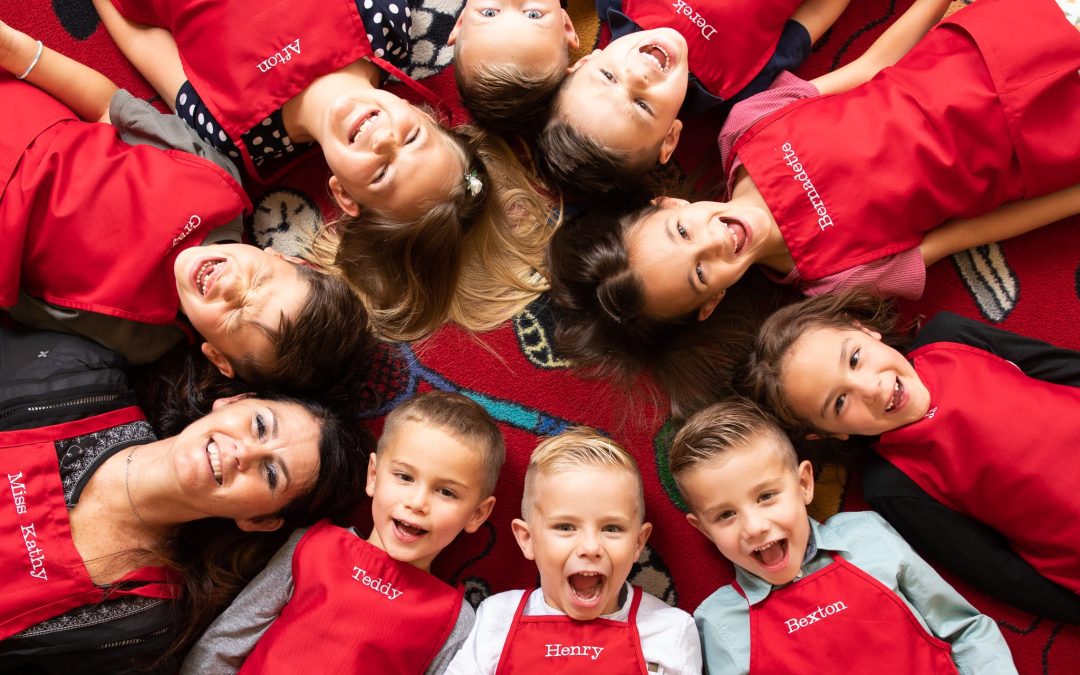Manners are constantly evolving. It’s not as common anymore to hear parents scolding their children for speaking in the presence of adults. Things like not resting your elbows on the table started for a reason, but have outlived their usefulness. That being said, social expectations are constantly evolving: texting at the table, for instance, is a new no-no. It’s considered rude as it’s a pretty clear sign that the person is not present or listening to the people around them.
Why Children Should Learn Manners
Good manners makes things more comfortable for you and those around you. It’s based on respect, both for yourself and for others, and fosters a peaceful environment that makes everything more enjoyable. Manners are part of a social code that help us interact with each other smoothly. Some have compared them to traffic lights: the late Dr. P.M. Forni, author of “Choosing Civility”, said, “The rules of good manners are the traffic lights of human interaction. They make it so that we don’t crash into one another in everyday behavior.”
So to start, here are the generally accepted manners that our kids should know:
- Say “please” and “thank you”.
- Don’t interrupt. And if it’s absolutely crucial, make sure to say, “excuse me”.
- When in doubt, ask for permission.
- Keep negative thoughts to yourself. As a parent, you can create a healthy outlet for negative feelings, but rude comments about someone’s physical appearance, for instance, is never acceptable.
- If someone asks how you are, return the favor. And it’s not a bad idea to instigate that politeness in the first place.
- Always knock on closed doors.
- Don’t use foul language.
- Cover your mouth when you sneeze or cough. It’s standard to use your elbow and not your hand. And please don’t pick your nose in public!
- Try to offer to help whenever you can. Similarly, when you’re asked to help, do so graciously and with a smile; they may return the favor later.
- Follow standard table manners: wash your hands before dinner, use your cutlery correctly, keep your food on your plate, and keep your face food-free by regularly wiping your face with a napkin.
So, with that in mind, here are some tips on how to reinforce them.
Consistency
If you expect them to say, “thank you” to you when you pass them the butter at dinner, you should also expect them to say, “thank you” when a waitress hands them their drink. Lay out clear expectations and reiterate them constantly and everywhere. There’s no reason to ever not be polite.
Make sure that they’re following the same rules at others’ houses, too. Even if Uncle Hugo doesn’t care if they wash their hands before dinner, practice makes perfect. Keep on fighting the good fight every day and everywhere.
Modeling
Be a good example. Make sure you say, “please”, “thank you”, and “excuse me” regularly and don’t worry about overdoing it.
Show them what you mean. If you’re trying to teach them to stop interrupting, for instance, make a point to wait patiently when you see them talking with their friends or with your partner.
Narrate Everything
Nobody likes doing things that don’t make sense, “just because”. While you’re modeling good behavior, state out loud why you’re doing what you’re doing. Make it bite size and palatable for young minds:
“Thank you! I’m glad I get to say thank you to you. Seeing you happy makes me happy.”
“I’m washing my hands before dinner because I want to keep myself clean and everyone around me, too.”
“It looks like you could use some help. Everybody needs help from time to time and it makes me feel good to help you. How does it make you feel when you help me?”
Final Thoughts
All in all, raising a polite child is another way to add good to the world. There is enough negativity in the world, and a simple “please” or “thank you” can sometimes go a long way towards brightening someone’s day.

